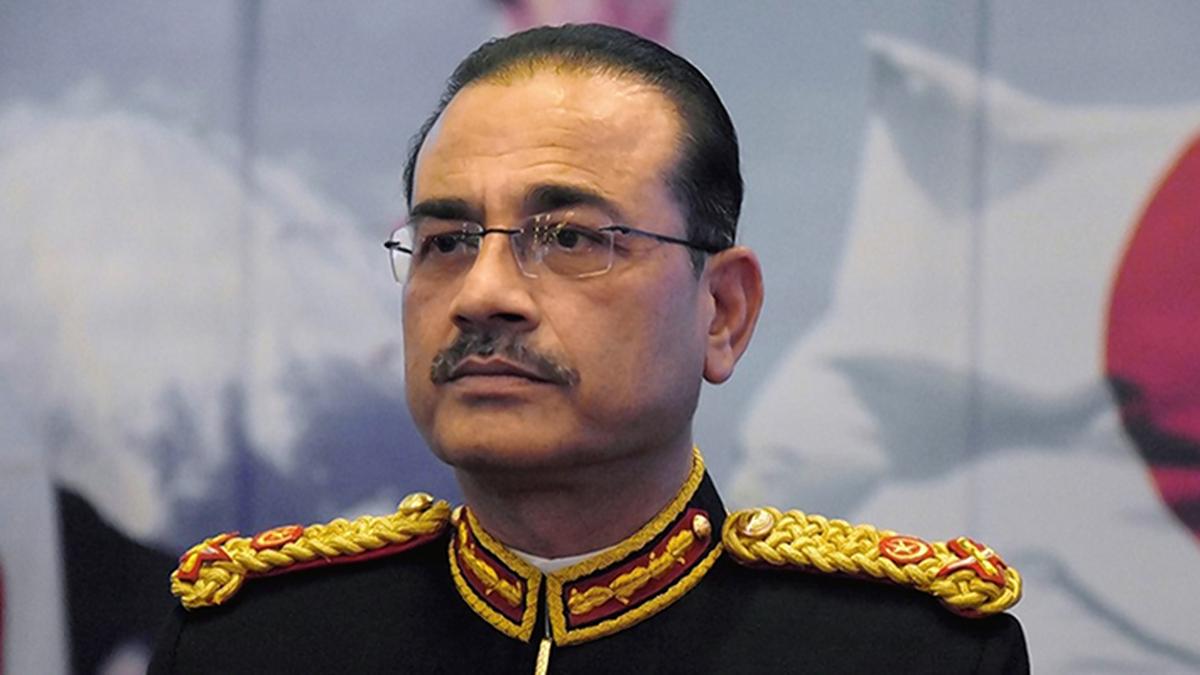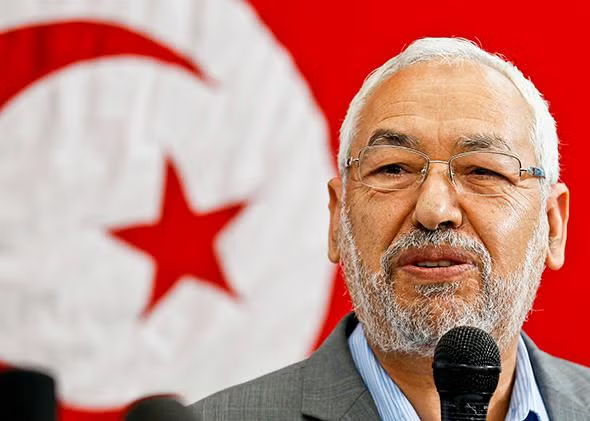Shocking Move! US Lawmaker Pushes Sanctions on Pakistan’s Army Chief

In a significant move that could impact US-Pakistan relations, Republican Congressman Joe Wilson has introduced the “Pakistan Democracy Act” in the United States Congress. The proposed bill calls for sanctions against Pakistan’s Army Chief, General Asim Munir, over the continued detention of former Pakistani Prime Minister Imran Khan. The bipartisan bill, which is the first of its kind, underscores growing concerns in Washington regarding human rights violations and political repression in Pakistan.
Click Here To Follow Our WhatsApp Channel
The Pakistan Democracy Act: Key Provisions
The bill, introduced by Rep. Wilson, is aimed at imposing sanctions under the Global Magnitsky Human Rights Accountability Act. This 2016 Act allows the US government to penalize foreign officials involved in human rights abuses by freezing their assets and barring them from entering the United States.
If passed, the legislation would impose travel restrictions on General Munir and other Pakistani military officials linked to the suppression of political opponents. The bill also mandates that these sanctions can only be lifted if Pakistan transitions to a civilian-led government and releases all political prisoners, including Imran Khan, who has been in detention since August 2023.
Joe Wilson’s Stance and Political Background
Rep. Joe Wilson is a senior member of the House Foreign Affairs and Armed Services Committees and leads the Republican Policy Committee. He has been an outspoken critic of Pakistan’s military, frequently accusing it of suppressing democracy and manipulating political outcomes.
Wilson’s latest move aligns with his long-standing support for democracy in Pakistan and his consistent calls for Imran Khan’s release. In his statement on Monday, Wilson reiterated that Pakistan’s military is directly responsible for Khan’s “unjust detention” and that the United States must take firm action to hold its leadership accountable. He also urged former President Donald Trump to use diplomatic measures, such as visa bans, to pressure Pakistan’s military into allowing a fair democratic process.
Implications of the Proposed Sanctions
The proposed sanctions could have far-reaching implications for US-Pakistan relations, particularly in terms of military and diplomatic cooperation. The United States has historically maintained strong security ties with Pakistan, often relying on its military for counterterrorism efforts in the region. However, growing bipartisan concerns over human rights violations and political interference by Pakistan’s military could lead to a shift in this dynamic.
Pakistan’s military, which has long been a dominant force in the country’s politics, has rejected allegations of interfering in democratic processes. General Munir has denied any political involvement, asserting that the military remains neutral. However, critics argue that the military played a key role in ousting Khan from power in April 2022 following a political rift.
US Congressional Support and Future Steps
The bill introduced by Wilson has gained attention among both Republican and Democratic lawmakers. In February, Wilson and Rep. August Pfluger wrote to US Secretary of State Marco Rubio, urging the US government to advocate for Khan’s release. The letter described Khan as “widely beloved” in Pakistan and equated his imprisonment to judicial persecution.
Wilson has also shared his stance on social media, emphasizing that US-Pakistan relations should be based on democratic principles and human rights. His letter, posted on his X (formerly Twitter) account, stated, “US-Pakistan relations are strongest when they are based on freedom!”
If the bill progresses through Congress, it will undergo debates and amendments before potentially being signed into law. The legislation includes a 30-day review period to assess the proposed sanctions and extends its scope to investigate other Pakistani officials and their families for possible involvement in political repression.
Khan’s Detention and Political Repercussions
Since his removal from office, Imran Khan has led a vocal campaign against Pakistan’s military establishment, accusing it of orchestrating his ouster. His arrest in August 2023 triggered widespread protests across Pakistan, with thousands of his supporters detained and several key members of his party, Pakistan Tehreek-e-Insaf (PTI), facing legal action.
Despite international criticism and Khan’s repeated calls for democracy restoration, the military-led government in Pakistan has dismissed his claims. General Munir has stated that any letters from Khan would be forwarded to Pakistan’s Prime Minister Shehbaz Sharif, further reinforcing the military’s position that it does not interfere in political matters.
Conclusion
Rep. Joe Wilson’s introduction of the Pakistan Democracy Act marks a turning point in US-Pakistan relations, signaling Washington’s growing concern over democratic governance in the South Asian nation. If passed, the bill would place significant pressure on Pakistan’s military leadership by limiting their ability to travel to the United States and freezing their assets.
As the debate over the bill unfolds in Congress, the US government’s stance on Pakistan’s political situation will become clearer. Meanwhile, Khan’s detention remains a contentious issue, both within Pakistan and in international diplomatic circles. Whether the proposed sanctions will succeed in compelling Pakistan’s military to ease its grip on politics remains to be seen, but the move has undoubtedly intensified global scrutiny over Pakistan’s democratic future.
You Might Also Like:
Dia Mirza: A Journey of Success, Impact, and Environmental Advocacy
Security Forces Deploy UAVs in J&K’s Kathua Amid Anti-Terror Operations
FIR Filed Against Comedian Kunal Kamra Over Remarks on Maharashtra Deputy CM




